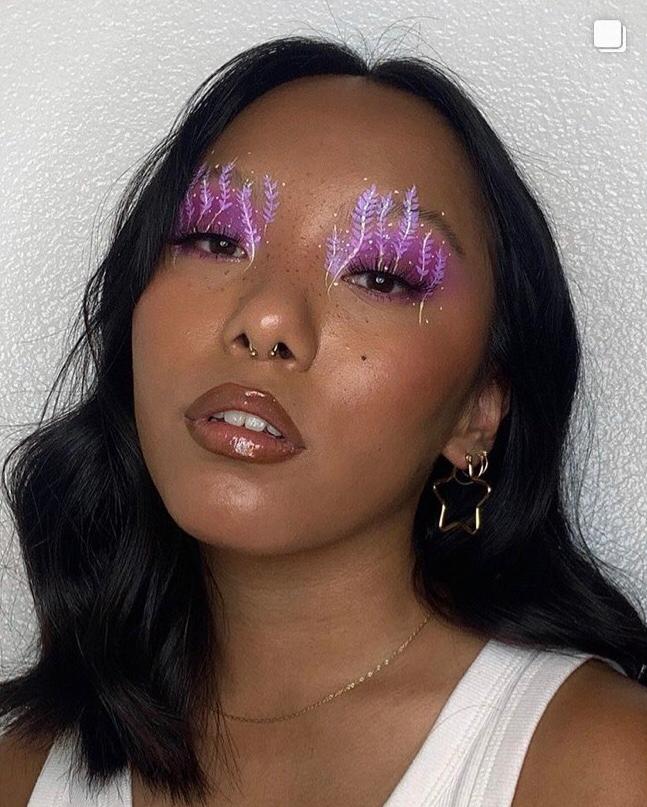The beauty industry is one that has historically created, sustained, and evolved the standard of beauty in society and so the lack of representation of racial and/or ethnic minorities in it can have an impact on consumers. From self-perception to self-esteem and self-confidence anything can and is negatively affected. People run after the heavily photoshopped and unattainable Eurocentric features. It's so bad that I think we all know at least one brown person who's dreamed about getting a nose job for reasons which all ultimately point to one thing: it's not white enough.

Those with darker skin tones have been systematically left out of advertising, innovation and recruitment for decades. It's not just about putting a black model next to Kendall Jenner. Are the brands taking initiative? Are they doing the outreach? Do they actually have equal platforms and opportunities FOR their diverse members? The stock needs to be there, and not only the 40 shades of foundation at a Times Square store.
Recently though there has been a huge push for diversity and inclusivity within the beauty industry. Brands are on a mission to ensure they have foundation shades for a diverse range of skin tones and if we're being honest; smaller, indie brands are doing more than bigger mass-produced brands have ever done, Fenty Beauty being the obvious exception as they released 40 shades of foundation in 2017 and other brands followed suit. Fenty is not the first brand to launch such an array of shades - smaller brands like Black Opal Beauty have been catering for darker skin tones for decades. We've seen the launch of Oribe Highly Textured Collection, gender-neutral makeup from Fluide, and hundreds of lines founded by entrepreneurs of color, such as The Lip Bar and Briogeo.
But it took the help of a major global company and a celebrity; Rihanna (ugh we love her) to highlight the huge opportunity makeup brands had been missing out on.
Compared with fashion, beauty has been quicker to act on matters of representation. In the last four to five years, the industry, driven by social media, arguably one of the most important turning points in this fight for diversity has welcomed customers on all ends of the spectrum of skin shades and gender identities.
Diversity can only be possible when there are leaders from a broad range of backgrounds, ethnicities, genders, and sexualities. We're stuck in a place that is politically correct but we need to take it to a place that's real and lasting. In an era of makeup collections with incredible shade ranges and more spokesmodels of colour than ever before, diversity in the beauty world has become accepted, celebrated and turned into a necessity rather than an option, but it's only a start.